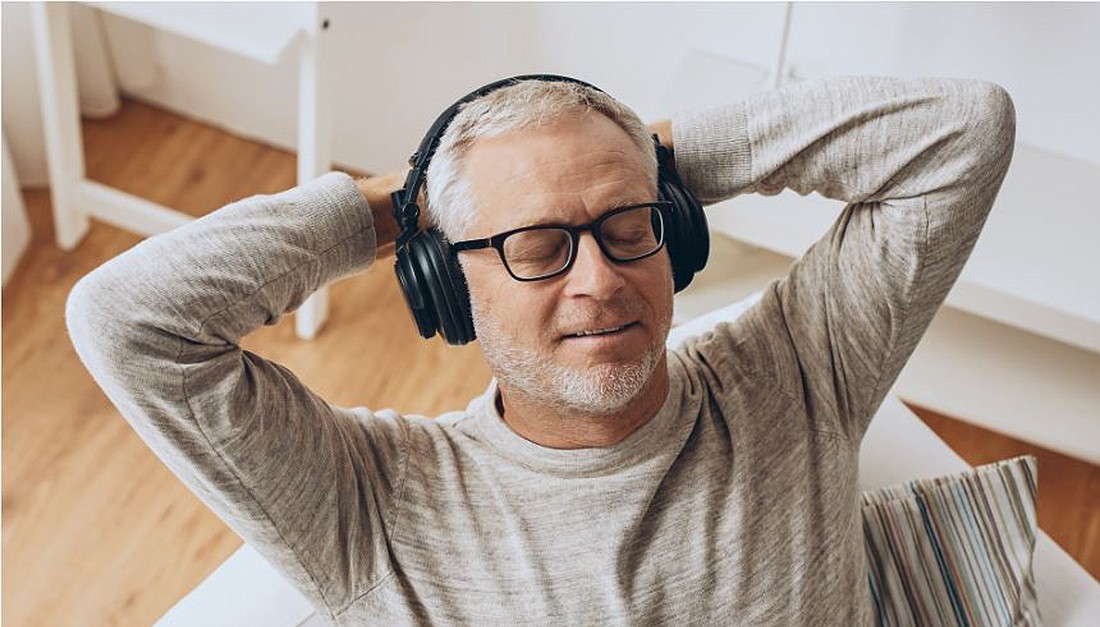- April 24, 2024
-
-
Loading

Loading

The goal of managing stress and anxiety during a crisis or even a global pandemic is to reduce the emotional anguish that can be caused by the event. Doing so allows us to care more effectively for ourselves, our families and our loved ones.
Everyone Responds Differently
The way we respond to a traumatic event can take many forms. Everyone reacts differently to situations that, by and large, are likely very stressful. How you respond to the COVID-19 outbreak can depend on what your personal background is. It can depend on what makes you different from others and what support you had in place prior to the crisis.
How you choose to respond during this time is very important. Some level of anxiety and worry is expected. Having too much of it, however, can compromise your ability to focus on and handle your day-to-day tasks. For many of us, those tasks are dramatically different than they were earlier this year. Many are continuing to work from home, and parents may be managing unusually chaotic households that include children attending school from home in virtual or hybrid formats. Emotional and physical fatigue becomes part of the norm.
Don’t Neglect Your Wellbeing
Stress during an infectious disease outbreak can include fear and worry about your own health and the health of your loved ones, according to the Centers for Disease Control and Prevention (CDC), changes in your sleep or eating patterns, difficulty concentrating, worsening chronic health problems and an increased use of alcohol, tobacco and/or other drugs.
It is important to be mindful of your own wellbeing during this time. Continue practicing any stress-reducing strategies you may already have incorporated into your life, even though they may not be enough. Try developing additional strategies that can help to positively affect your physical, emotional and psychological wellness. Doing so is key to managing your way through a crisis and the stress that accompanies it.
Strategies to Consider
Remember to pace yourself. Use your time efficiently and take breaks.
Limit time spent on social media and watching the news.
Maintain structure when and where you can. Plan your schedule in such a way that you’re able to increase your sense of control despite uncertainties.
Be creative and intentional about what you eat, especially as options become increasingly limited.
Regular breathing and mindfulness exercises can help reduce anxiety. Look for apps on your electronic devices that focus on these kinds of activities.
Maintain a regular bedtime. Avoid taking too many naps or being too sedentary.
Keep moving because exercise is a way to reduce stress and feel better. Use the stairs. Take extra steps. Use online videos to maintain an exercise routine,
Practice empathy by staying connected. Foster a sense of teamwork. Be mindful of your emotions, but also be mindful of the emotions and stress levels of those around you.
Use distractions to your advantage. Listening to music, gardening and reading can help decrease stress levels.
Reach out for professional help if you need support beyond your family and friends.
Learn More
To see more health news and trends, wellness & prevention tips, visit the Orlando Health Content Hub at OrlandoHealth.com/ContentHub.